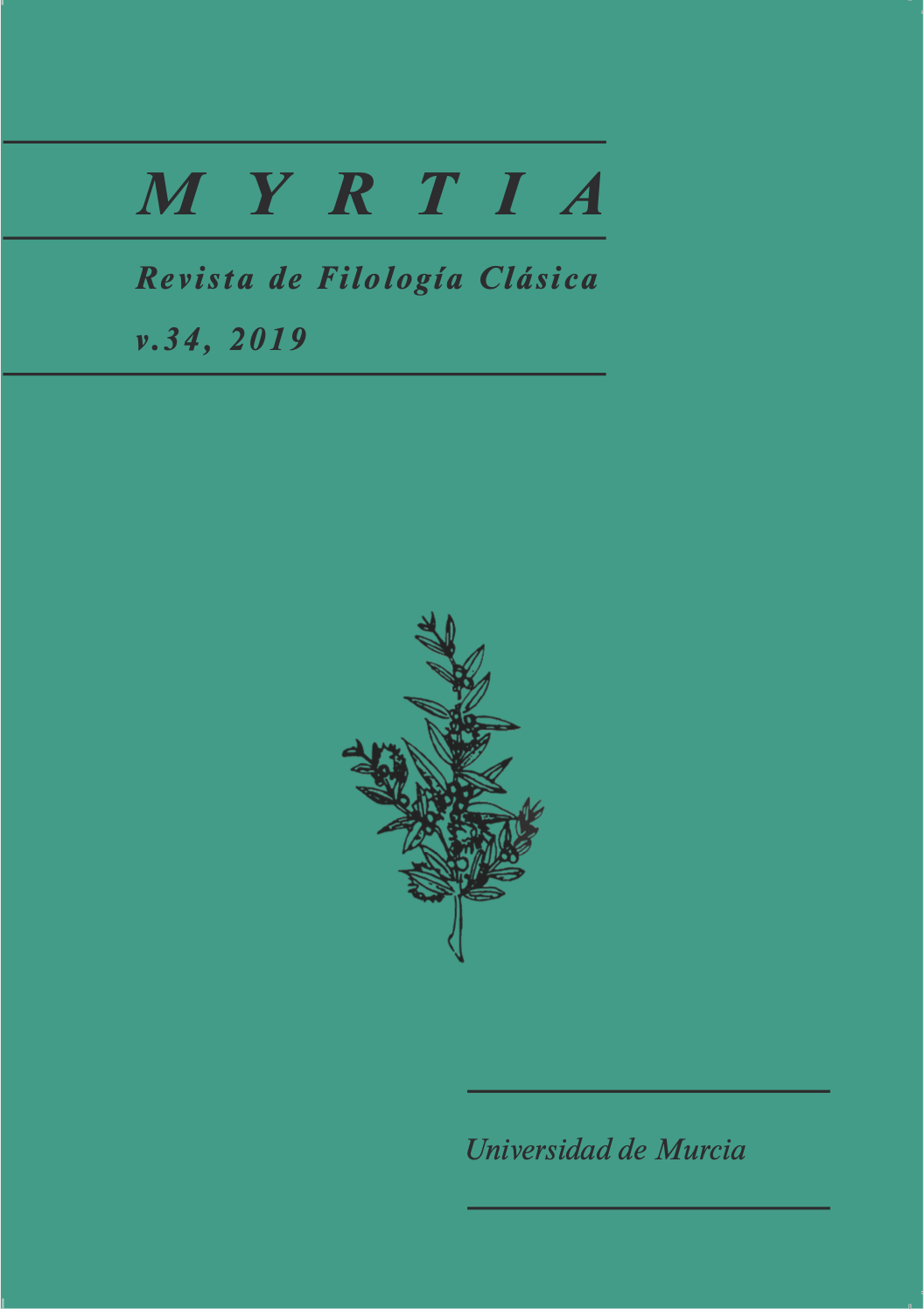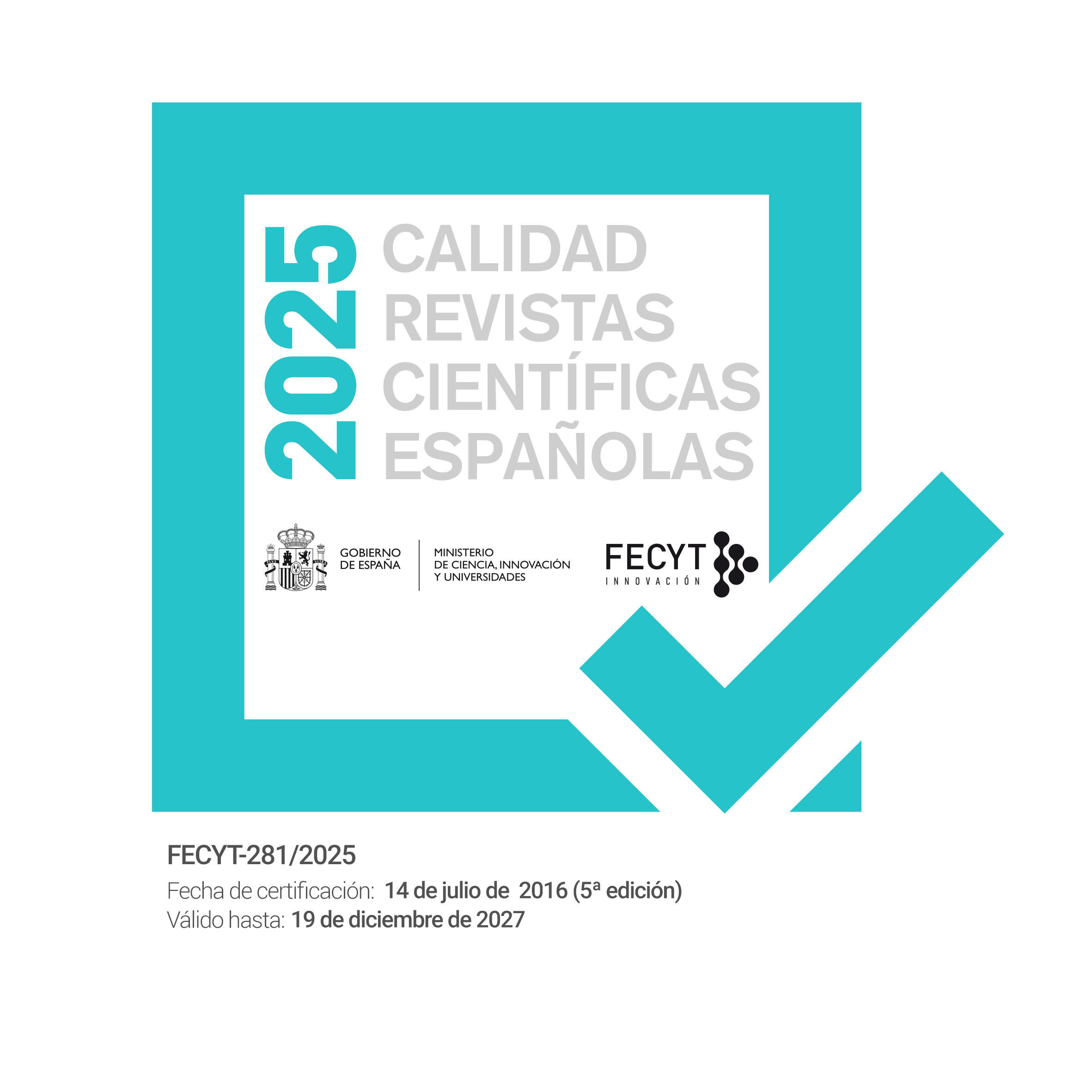Micro-introduction to Homer
Abstract
What do we talk about when we talk about Homer? It is difficult to conceive him as a man, a historical individuum, and the ancient Greeks knew about him as little as we do. Even if we question his poems, we cannot grasp any trait of an author's personality. But his language and his style tell us enough to understand that what we were searching in a single poet must be found in a tradition. The Iliad and the Odyssey must be understood as documents of oral-traditional poetry and not of literature: at least in the sense that they were not meant to be read. Although they have been considered for centuries the archetypes of all western literatures, their place is among the crowded company of the anonymous singers who gave us masterpieces like Beowulf, Mahabharata, Chanson de Roland.
Downloads
-
Abstract1318
-
PDF (Español (España))784
References
Bernabé, A. (1987): Poetarum epicorum testimonia et fragmenta. Pars I, Lepzig.
Durante, M. (1974): Sulla preistoria della tradizione poetica greca, v. II, Roma.
Ferreri, L. (2007): La questione omerica dal Cinquecento al Settecento, Roma.
Hajnal, I. (2004): “Der epische Hexameter im Rahmen der Homer-Troia Debatte”, en Ch. Ulf (Hrsg.), Der neue Streit um Troia. Eine Debatte, München.
Jacoby, F. (1904): Das Marmor Parium, Berlin.
Janko, R. (1982): Homer, Hesiod and the Hymns. Diachronic Development in Epic Diction, Cambridge.
Janko, R. (1992): The Iliad: A Commentary. Vol. IV: Books 13-16, Cambridge.
Janko, R. (2012): “πρῶτον τε καὶ ὕστατον ἀιὲν ἀείδειν: relative chronology and the literary history of the early Greek epos”, en Ø. Andersen-D.T.T. Haug (eds.), Relative Chronology in Early Greek Epic Poetry, Cambridge.
Jensen, M.S. (1980): The Homeric Question and the Oral-Formulaic Theory, Copenhagen.
Jensen, M.S. (1999): “Dividing Homer.When and How were the Iliad and the Odyssey Divided into Songs?”, SO 74.
Nagy, G. (1996): Homeric Questions, Austin.
Nagy, G. (1996): Poetry and Performance. Homer and Beyond, Cambridge, 1996
Ong, W. (1982): Orality and Literacy. The Technologizing of the Word, London-New York.
Rossi, L.E. (1978): “I poemi omerici come testimonianza di poesia orale”, en AA. VV., Storia e civiltà dei greci, v. I, Milano.
Rossi, L.E. (1982): “Los poemas homéricos como testimonio de poesía oral”, en Historia y civilización de los griegos, v. I, Barcelona.
Welcker, F.G. (18652): Der epische Cyclus oder die homerischen Dichter, Bonn.
Las obras que se publican en esta revista están sujetas a los siguientes términos:
1. El Servicio de Publicaciones de la Universidad de Murcia (la editorial) conserva los derechos patrimoniales (copyright) de las obras publicadas, y favorece y permite la reutilización de las mismas bajo la licencia de uso indicada en el punto 2.
2. Las obras se publican en la edición electrónica de la revista bajo una licencia Creative Commons Reconocimiento-NoComercial-SinObraDerivada 3.0 España (texto legal). Se pueden copiar, usar, difundir, transmitir y exponer públicamente, siempre que: i) se cite la autoría y la fuente original de su publicación (revista, editorial y URL de la obra); ii) no se usen para fines comerciales; iii) se mencione la existencia y especificaciones de esta licencia de uso.
3. Condiciones de auto-archivo. Se permite y se anima a los autores a difundir electrónicamente las versiones pre-print (versión antes de ser evaluada) y/o post-print (versión evaluada y aceptada para su publicación) de sus obras antes de su publicación, ya que favorece su circulación y difusión más temprana y con ello un posible aumento en su citación y alcance entre la comunidad académica. Color RoMEO: verde.






